Sixties
City presents
a wide-ranging series of
articles on all aspects of the Sixties, penned by the creator of the iconic
60s music paper Mersey
Beat
|
Sixties
City presents
a wide-ranging series of
articles on all aspects of the Sixties, penned by the creator of the iconic
60s music paper Mersey
Beat
|
|||||
|
| Arrival
were a vocal harmony group from Liverpool who appeared on Maynard Ferguson's
British television special in 1970 and also appeared at the third Isle of
Wight festival the same year. Their appearance took place on Friday 28th
August. 'Nights In White Satin: An Illustrated History of the Isle of Wight
Festivals' commented, "Dressed in a bizarre variety of costumes, they managed
to gain the audience's mass attention with 'Hard Road' and sustained it
with Leonard Cohen's 'Hey, That's No Way To Say Goodbye', on which Dyan
Birch sang lead. After 'Sit Down And Float' (which the crowd seemed to be doing anyway) they went into 'Not Right Now'. Frank Collins sat and played twelve string acoustic guitar with Dyan sitting on the stage at his feet. It was an appealing sight. Unfortunately, an unruly mob decided to throw cans into the Press and VIP area during the number and rather spoiled the effect. They ended with the hot gospel song 'See The Lord', which though it went on rather too long was irresistible and many peace signs were noticeable throughout the congregation". The four main vocalists were Dyan Birch (born 25th January 1949), a former member of NEMS staff; Carroll Carter (born 10th June 1948) and Frank Collins (born 25th October 1947) and Paddy McHugh (born 28th August 1946), both previous members of Liverpool vocal group The Excelles. The other members were Don Hume (born 31st March 1950 in Watford) on bass and Lloyd Courtney (born 20th December 1947 in Cheshire) on drums. The group travelled to London in January 1969 seeking a recording contract. The Gunnell Agency asked Tony O' Malley (born 15th July 1948) to join them on piano and he was to remain with the line-up. The group sent a demo tape to Decca Records and the company's A&R man, Tony Hall, signed them to the label and became their manager. Don and Lloyd appeared on all the Decca recordings and the first two CBS singles before leaving the band in 1972. They were replaced by Lee Sutherland on bass, Steve Chapman on drums and George Lee joined them on saxophone. Steve Chapman was only with the band for a short time before being replaced by Glen LeFleur. When they began recording their CBS album they were joined by Raphael Pereira on guitar although by that time Sutherland had been replaced by Phil Chen. Chen then left to join the Butts Band, an American outfit and Lee had also left, while Pereira switched to bass guitar. The changes had been mainly with the various musicians while the vocalists were the basic mainstay of the outfit until Birch, Collins and McHugh then went on to form Kokomo in 1973. |
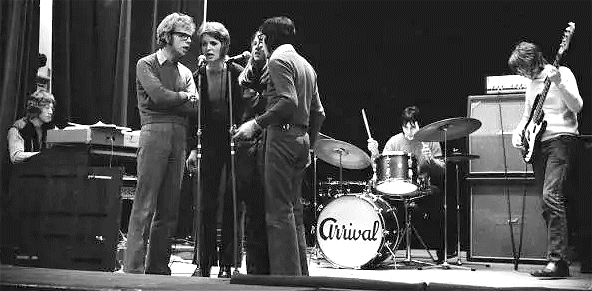 |
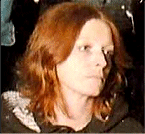
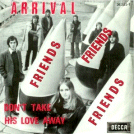
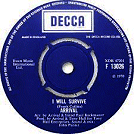
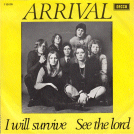
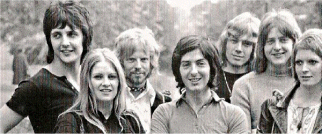

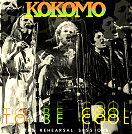
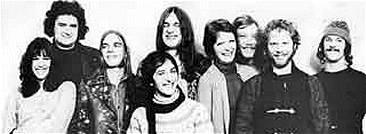
|
Article
Text
UK
web hosting by
|